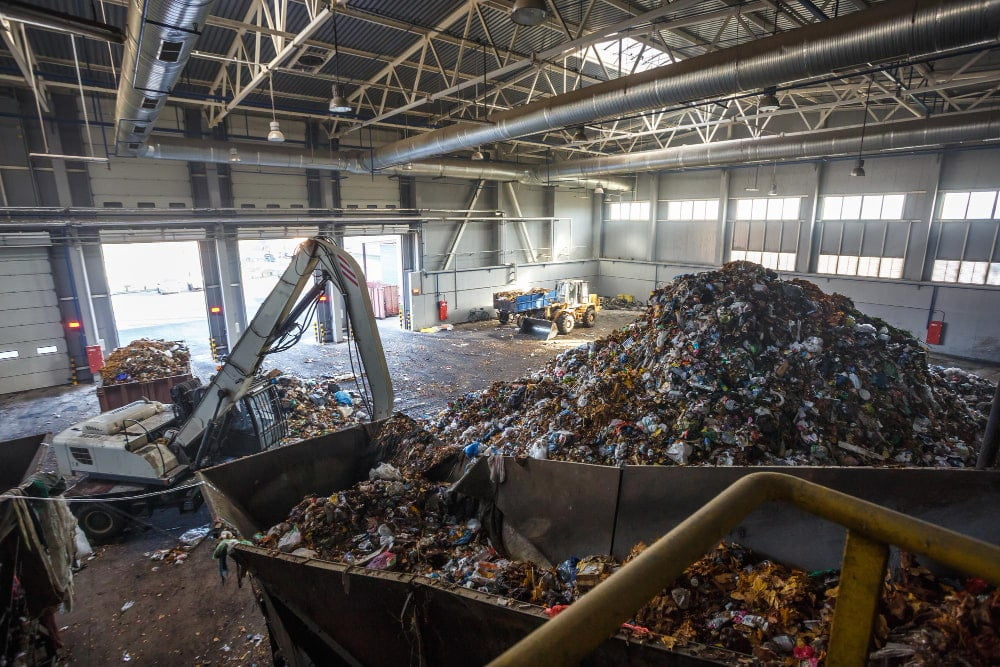
Waste recycling plants in Spain are vital for managing waste, promoting sustainability, and conserving resources. These facilities handle a wide range of materials, including paper, plastic, metals, and electronic products, ensuring they are processed correctly.
A waste recycling plant operates through several meticulous stages: separation, sorting, crushing, and compacting materials. This process recovers valuable resources that would otherwise end up in landfills, reducing environmental impact and advancing the circular economy.
A recycling plant begins by receiving waste, which undergoes an initial separation process to remove unwanted elements. The materials are then sorted by type and crushed for easier processing.
The crushed materials are separated using various methods, such as air flotation, magnetic separation, and optical sorting, to efficiently categorize different types of materials. Once separated, the materials are compacted into bales or sent to specialized facilities for further recycling.
Recycling plants are crucial in waste management as they recover valuable materials and reduce the amount of waste sent to landfills. They also promote job creation and contribute to the local economy.
To ensure efficiency and environmental friendliness, recycling plants must adhere to established quality, safety, and environmental standards. This maximizes the benefits for society and the planet.
At International Erecycling, we are committed to promoting responsible recycling and supporting recycling plants in Spain. We provide effective waste management solutions, from collection to processing and recycling, contributing to a more sustainable future.
Interested in learning more about our recycling solutions and how you can contribute to the environment? Visit our homepage today.